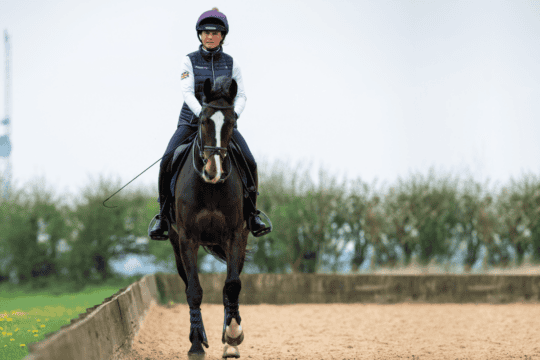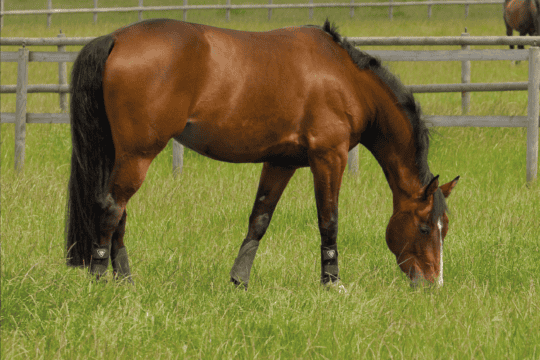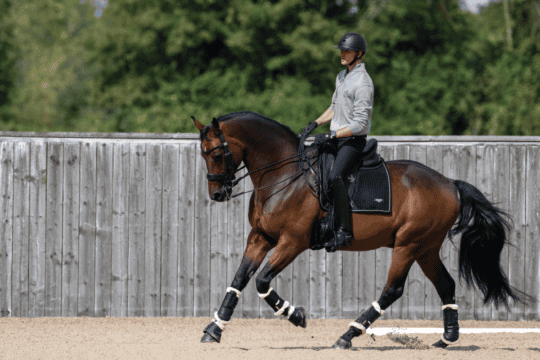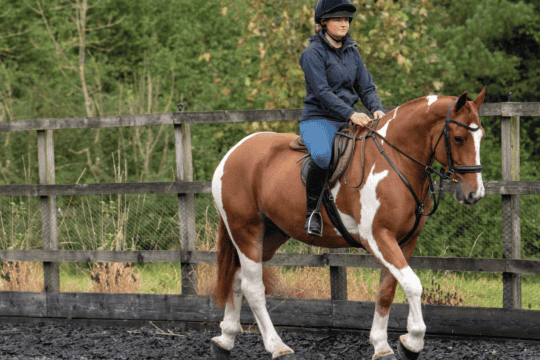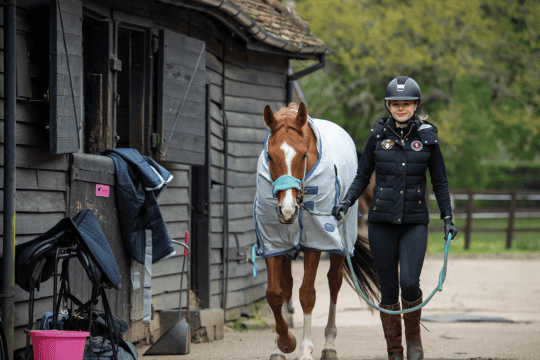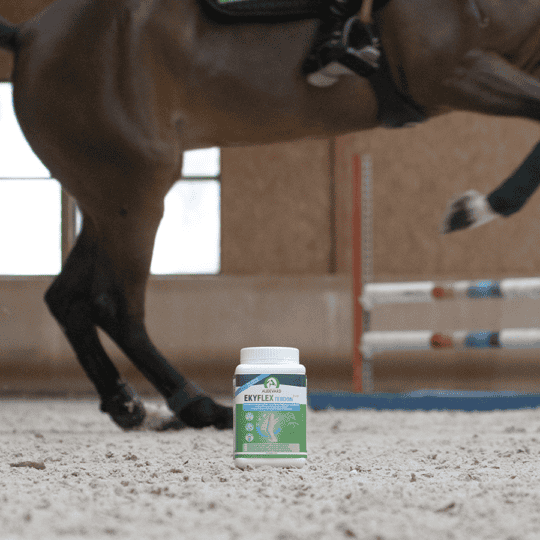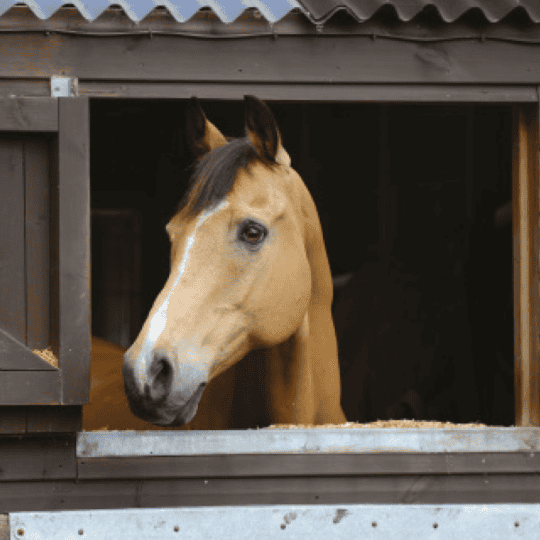Management 101: equine MOTs
Posted 19th December 2023
Keeping your horse feeling good means knowing what’s normal for him, as Fizz Tickridge-Marshall explains
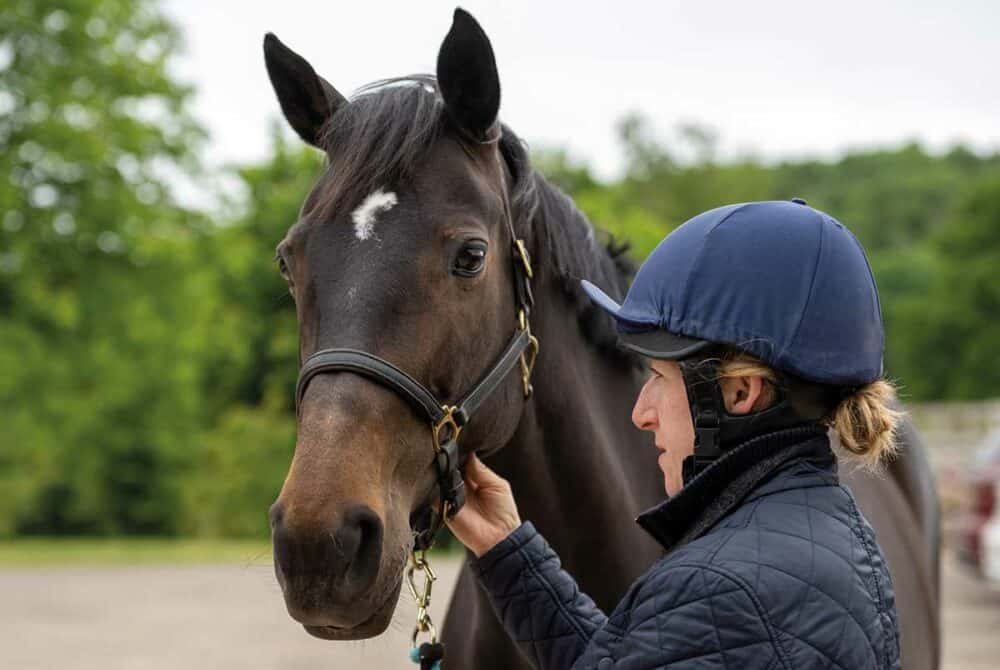
As with any horse, a major part of looking after a golden oldie is keeping tabs on overall health and wellbeing. To do this, it’s important to know what’s normal for him on a day-to-day basis.
Developing an instinct for when something is different, be that in terms of your horse’s behaviour, appearance or reactions, is important for catching potential issues early, even if the appropriate response is simply to monitor the situation.
Observation is key
There are various signs that present as individual behaviour and outward indicators of good health. For instance, it may be that your horse usually takes a few mouthfuls of his breakfast, only to then leave the rest and eat it gradually by lunchtime. This is a useful observation. Conversely, if you have a horse who always eats everything straight away but suddenly becomes inappetent, it could be a sign something is wrong and he should then be closely monitored.
Paying attention to how your horse is moving and holding himself is important, too. Changes can happen slowly over time, and this can make them difficult to detect, especially when you see or ride your horse every day.
Equally, some lamenesses or gait asymmetries can be subclinical, meaning symptoms are either mild or inconsistent, making them tricky to spot. As with humans, horses naturally have personal asymmetries, so, again, know your horse’s normal.
What’s normal?
Knowing your horse’s normal allows you to address issues when something doesn’t seem quite right. This is important, as a horse who has worked throughout his life is more likely to develop niggly musculoskeletal issues or common degenerative conditions that need to be managed as he gets older. After diagnosing your horse, your vet will provide guidance on treatment, but also management changes that will be beneficial.
Your vet is also your referral route to other professionals who can help to support your horse’s physical wellbeing, such as a physiotherapist or other bodyworker. Establishing lines of communication between the people in this network provides your horse with the best possible care and management, which is especially important for managing older bodies when integrated, holistic care is essential for the best outcomes.
TOP TIP
Routine check-ups, at least annually, but six-monthly if your horse has more complex medical conditions, will help ensure changes are picked up and managed effectively.
Find out more top tips for managing a veteran horse in February Horse&Rider. Pick up your copy today!


